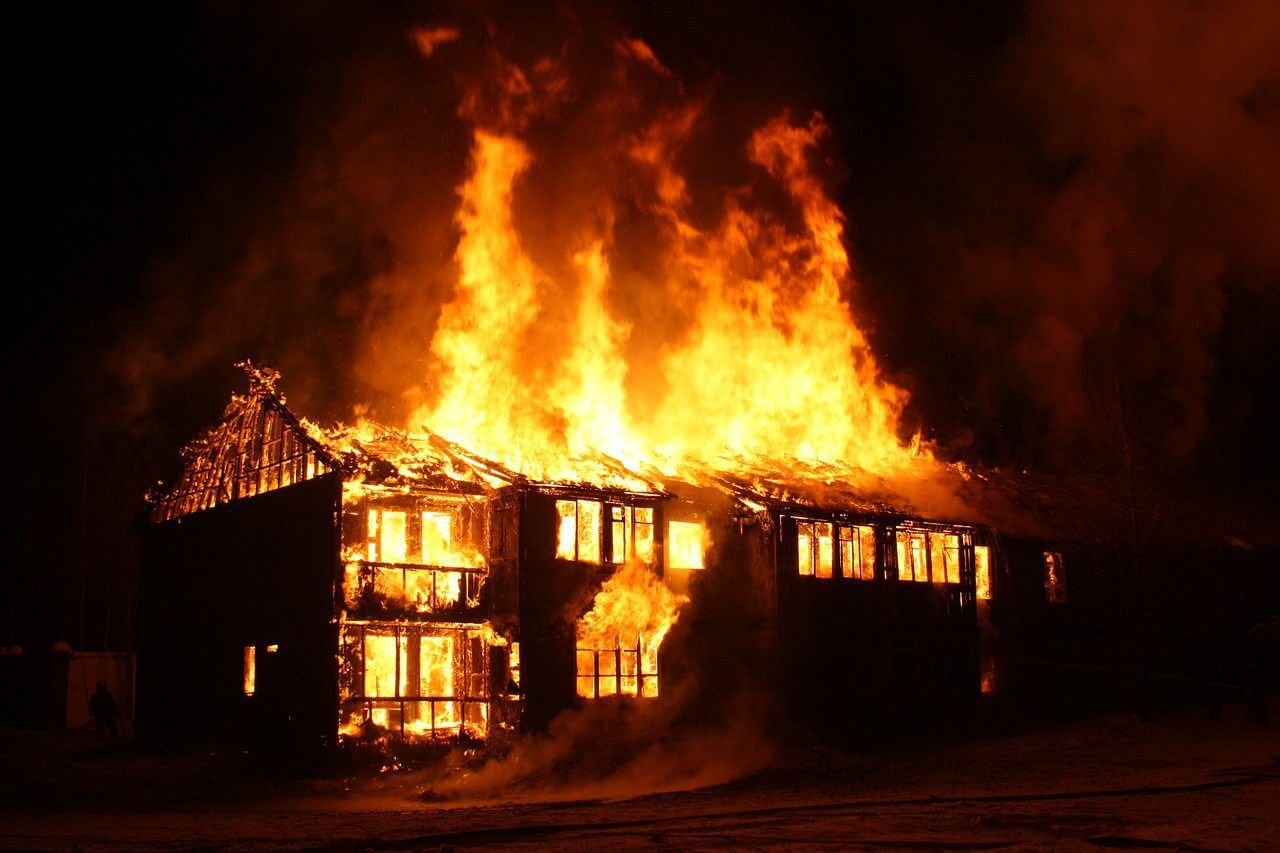Natural gas has many applications. It can be used to heat homes, power barbecue grills and fireplaces, or cook food on indoor stoves, to name just a few. In most cases, natural gas is a harmless and effective source of energy. But natural gas is extremely flammable and even explosive. That puts homes powered by natural gas at risk of potentially deadly fires and explosions.
If your home or appliances are powered by natural gas, it’s important to be aware of the risks it can pose and learn how to detect leaks. When natural gas is fully contained and distributed, it’s safe to use. But even small leaks can result in serious dangers, including fatal buildups of carbon monoxide and an extreme risk of fires and explosions. Being able to detect the presence of those leaks is essential knowledge for homeowners and anyone who work around natural gas.
3 Signs of a Natural Gas Leak
Check for the following signs of a natural gas leak in your home on a regular basis:
- Sulfur smell—Natural gas in its original form is odorless, making it more difficult for people to detect leaks. However, natural gas used in consumer applications has chemicals added to produce a strong smell, making it easier to detect.
- Higher gas bills—If your gas bill has increased but you haven’t used it more than normal, it could be a sign that you have a leak somewhere in your home.
- Physical symptoms—Natural gas leaks can cause a variety of physical symptoms, including nausea, headaches, difficulty breathing, and more.
Installing a carbon monoxide detector in your home can help detect a natural gas leak before you smell it or experience physical symptoms. If you suspect a gas leak, call an experienced industry professional to inspect your home and to repair any damage that may be causing the leak.
At Sam Aguiar Injury Lawyers, our Louisville product liability attorneys know how deadly natural gas leaks and explosions can be. Natural gas is a silent killer, while explosions can level buildings, homes, and even entire blocks. If you or someone you love was harmed by natural gas, we want to help. Contact us today for a free consultation.
